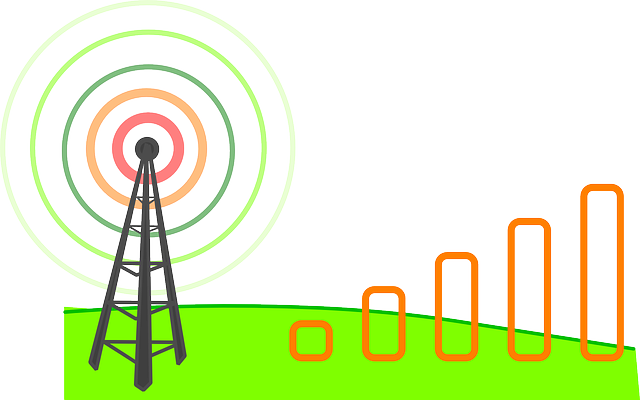In today’s world, we are surrounded by technology that emits electromagnetic fields (EMF) radiation. From our smartphones to our laptops, we are constantly exposed to this type of radiation.
While the effects of EMF radiation on our health are still being studied, it is important to understand the potential risks associated with prolonged exposure.
In this article, we will explore the sources of EMF radiation, its potential health effects, and ways to reduce exposure.
Introduction to EMF Radiation
 EMF radiation is a type of energy that is emitted by electronic devices and other sources. It is a form of non-ionizing radiation, which means it does not have enough energy to ionize atoms or molecules in the body. There are two types of EMF radiation: ionizing and non-ionizing. Ionizing radiation has enough energy to remove electrons from atoms or molecules, which can cause damage to DNA and increase the risk of cancer. Non-ionizing radiation, on the other hand, does not have enough energy to cause this type of damage.
EMF radiation is a type of energy that is emitted by electronic devices and other sources. It is a form of non-ionizing radiation, which means it does not have enough energy to ionize atoms or molecules in the body. There are two types of EMF radiation: ionizing and non-ionizing. Ionizing radiation has enough energy to remove electrons from atoms or molecules, which can cause damage to DNA and increase the risk of cancer. Non-ionizing radiation, on the other hand, does not have enough energy to cause this type of damage.
EMF radiation is measured in units called milligauss (mG) or microtesla (µT). The strength of the magnetic field decreases as you move away from the source of the radiation.
Sources of EMF Radiation
There are many sources of EMF radiation in our daily lives. Some common sources include cell phones, laptops, Wi-Fi routers, smart meters, and power lines. These devices emit radiofrequency (RF) radiation, which is a type of non-ionizing radiation.
Electronic devices emit EMF radiation through their power cords and antennas. The strength of the magnetic field decreases as you move away from the device. Environmental sources of EMF radiation include natural sources such as the sun and earth’s magnetic field.
Health Effects of EMF Radiation
The potential health risks associated with prolonged exposure to EMF radiation are still being studied. Some studies have linked EMF radiation to cancer, infertility, and other health issues. However, the evidence is not conclusive, and more research is needed to fully understand the effects of EMF radiation on human health.
The debate over the safety of EMF radiation continues. Some experts believe that the low levels of radiation emitted by electronic devices are not harmful to human health. Others argue that even low levels of radiation can have a cumulative effect on the body over time.
How to Reduce Exposure to EMF Radiation
There are several ways to reduce exposure to EMF radiation in your home and workplace. One way is to limit your screen time and use protective devices such as EMF shielding cases for your cell phone or laptop. You can also create a low-EMF environment by turning off electronic devices when they are not in use and keeping them away from your body.
Another way to reduce exposure is to use wired connections instead of Wi-Fi whenever possible. This includes using an Ethernet cable to connect your computer to the internet instead of using Wi-Fi.
EMF Radiation and Mental Health
Studies have linked EMF radiation to anxiety, depression, and other mental health issues. The potential impact of EMF radiation on mental health is still being studied, but it is important to limit exposure for overall well-being.
EMF Radiation and Sleep
EMF radiation can disrupt the body’s natural sleep cycle by suppressing melatonin production. Melatonin is a hormone that regulates sleep-wake cycles. To reduce exposure before bedtime, it is recommended to turn off electronic devices or keep them away from the bedroom.
While the effects of EMF radiation on human health are still being studied, it is important to take steps to reduce exposure whenever possible. This includes limiting screen time, using protective devices, and creating a low-EMF environment. By spreading awareness and educating others about the potential risks of EMF radiation, we can work towards a healthier and safer future.








